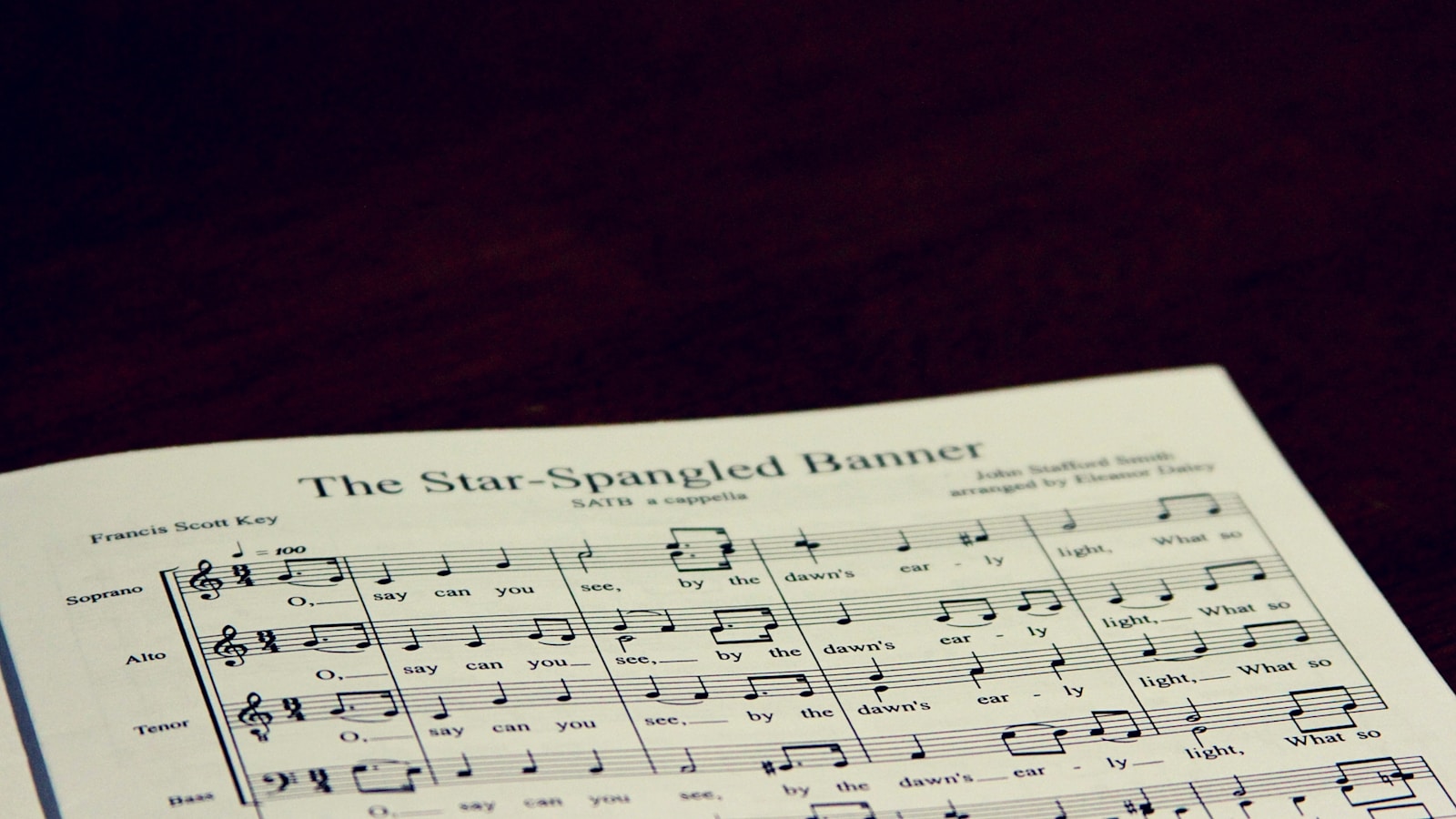
canción

song
Canción is the Spanish term equivalent to 'song'. It refers to a short musical composition with words.
Example sentences using: canción
La canción es muy bonita

The song is very beautiful
This simple sentence shows the student how to express their opinion about a song, using adjectives in Spanish.
Me gusta esta canción

I like this song
The example teaches the use of phrase 'me gusta' (I like) followed by a subject.
¿Cuál es tu canción favorita?

What is your favorite song?
This teaches the student how to ask about other people's preferences using '¿Cuál es?' (What is?)
No entiendo la letra de esta canción

I don't understand the lyrics of this song
In this example, the student learns the verb 'entiendo' (I understand), along with how to use it in the negative form.
Quiero aprender esta canción

I want to learn this song
This sentence demonstrates to students how to express a desire using 'quiero' (I want)
Esta canción me hace feliz

This song makes me happy
This sentence demonstrates the expression 'me hace' (makes me) which is commonly used to talk about emotions in Spanish.
Esta canción es antigua

This song is old
This phrase teaches learners how to describe the quality or characteristic of an object, in this case, a song.
Esta canción es muy conocida

This song is very well-known
The phrase helps learn the use of 'es' (is) to describe a condition, and 'muy' (very) to augment an adjective.
Puedes cambiar la canción

You can change the song
This example shows students how to use the verb 'puedes' (you can) which expresses ability or permission.
La canción es en español

The song is in Spanish
This sentence gives an example of how to describe the language of a song using 'es en' (is in).
Me gusta esa canción.

I like that song.
This is a basic sentence expressing personal preference of a song. 'Me gusta' translates to 'I like', and 'esa' is a demonstrative adjective that means 'that'.
La canción es muy pegajosa.

The song is very catchy.
This sentence is used to describe a song that repeatedly plays in your mind. 'Pegajosa' is the term used to describe something that sticks or 'catchy'.
La canción está en español.

The song is in Spanish.
This statement informs about the language of the song being in Spanish. 'Está' is a Spanish verb used to describe conditions or states.
Escuché la canción ayer.

I listened to the song yesterday.
This sentence narrates an action that took place in the past. 'Escuché' is the past tense of the verb 'escuchar' which means 'to listen'. 'Ayer' means 'yesterday'.
Ella escribió una canción.

She wrote a song.
This statement provides information that a song was written by a girl. 'Escribió' is the past tense of 'escribir' which means 'to write'.
La canción duró tres minutos.

The song lasted three minutes.
This is a statement about the duration of a song. 'Duró' is the past tense of 'durar' which means 'to last'.
Esa canción me hace llorar.

That song makes me cry.
This sentence expresses a strong emotional reaction to a song. 'Me hace llorar' translates directly to 'makes me cry'.
Aquí está mi canción favorita.

Here is my favorite song.
This is a statement pointing out one's favorite song. 'Aquí está' translates to 'here is', and 'mi canción favorita' translates to 'my favorite song'.
¿Has oído esta canción?

Have you heard this song?
This sentence is a question asking if someone is familiar with a song. 'Has oído' translates to 'have you heard'.
No puedo recordar el nombre de la canción.

I can't remember the name of the song.
This statement expresses the inability to recall a song's name. 'No puedo recordar' translates to 'I can't remember'.